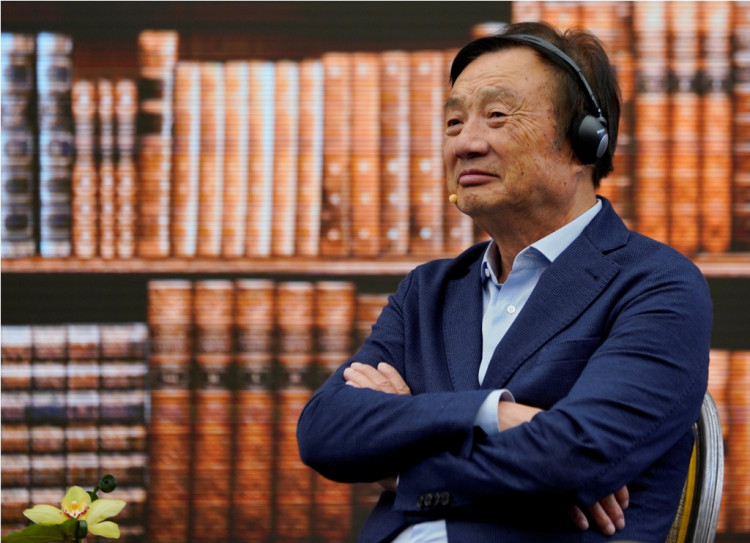The White House has been pressing the Chinese government over alleged intellectual property violations in the ongoing trade war between two of the world's largest economies.
It appears that Huawei can overturn the pressure through the same thing that the U.S. government is heavily invested in.
According to CNBC, Huawei CEO Ren Zhengfei said in an interview this week that the company may "try to get some money from those companies who use our IPR." Ren was referring to intellectual property rights (IPR).
Royalties are critical in the highly-intertwined global tech industry. There are multiple American firms using technology patented by Huawei. In this case, industry experts believe the Chinese tech behemoth could use patents as it continues to face tirades from U.S. President Donald Trump's administration.
Ren explained that the firm was not committed to seeking IPR royalties from companies that use its patented technologies. He said the company was busy with expansion and development.
This time, the tides have turned and Trump's plan to underpin Huawei may start to backfire if the Chinese tech provider fights back using royalty claims.
Intellectual property (IP) analytics platform Relecura data indicate that Huawei currently has 69,000 patents on the international level. It doesn't end there since there are 49,379 patents still up for approval.
While China has 57 percent of Huawei's patents, almost 18 percent are in the United States. Furthermore, the company is still leading the race in 5G technology, with around 1,554 standard essential patents (SEPs) in this segment.
It is unclear what Huawei will do next regarding IPR claims since it has not moved aggressively compared to Nokia and Apple in terms of royalties. However, a source who spoke on condition of anonymity said the firm is looking to brief the media and others involved regarding its "IPR efforts around 5G."
Last week, Reuters reported that Huawei is asking Verizon to pay $1 billion in line with patented technology. The outlet noted that patent licensing is not new in the telecommunications sector.
Both Huawei and Verizon declined to comment on the issue but the former's patent claims reportedly involve over 230 patents. Industry analysts said if the Chinese firm pushes through with legal patent claims, American companies using Huawei tech could see legal costs piling up.
U.S. Senator Marco Rubio has filed legislation to block the Chinese firm from seeking patent-related damages against American firms. However, legal experts noted that Rubio's bill is still a couple of steps away from transitioning into a full-blown U.S. law.
Huawei continues to defend itself from spying allegations dropped by the White House. The company repeatedly denied accusations. It has been blacklisted from working with U.S. firms.





